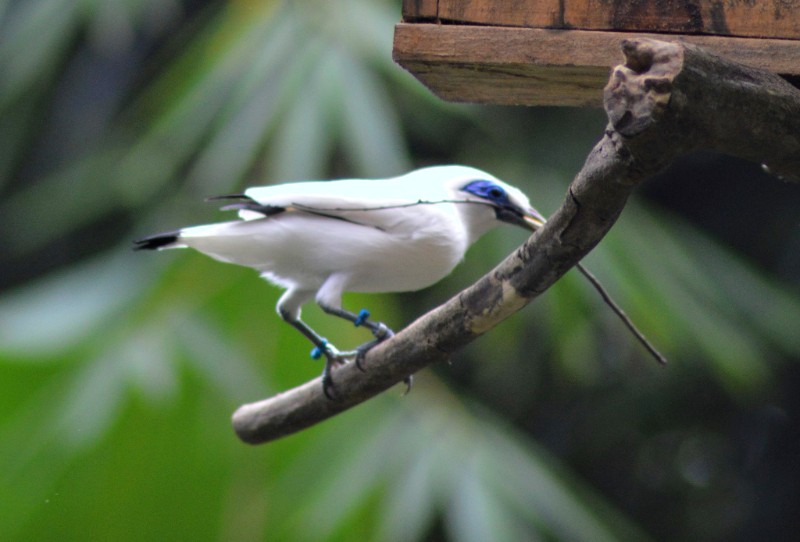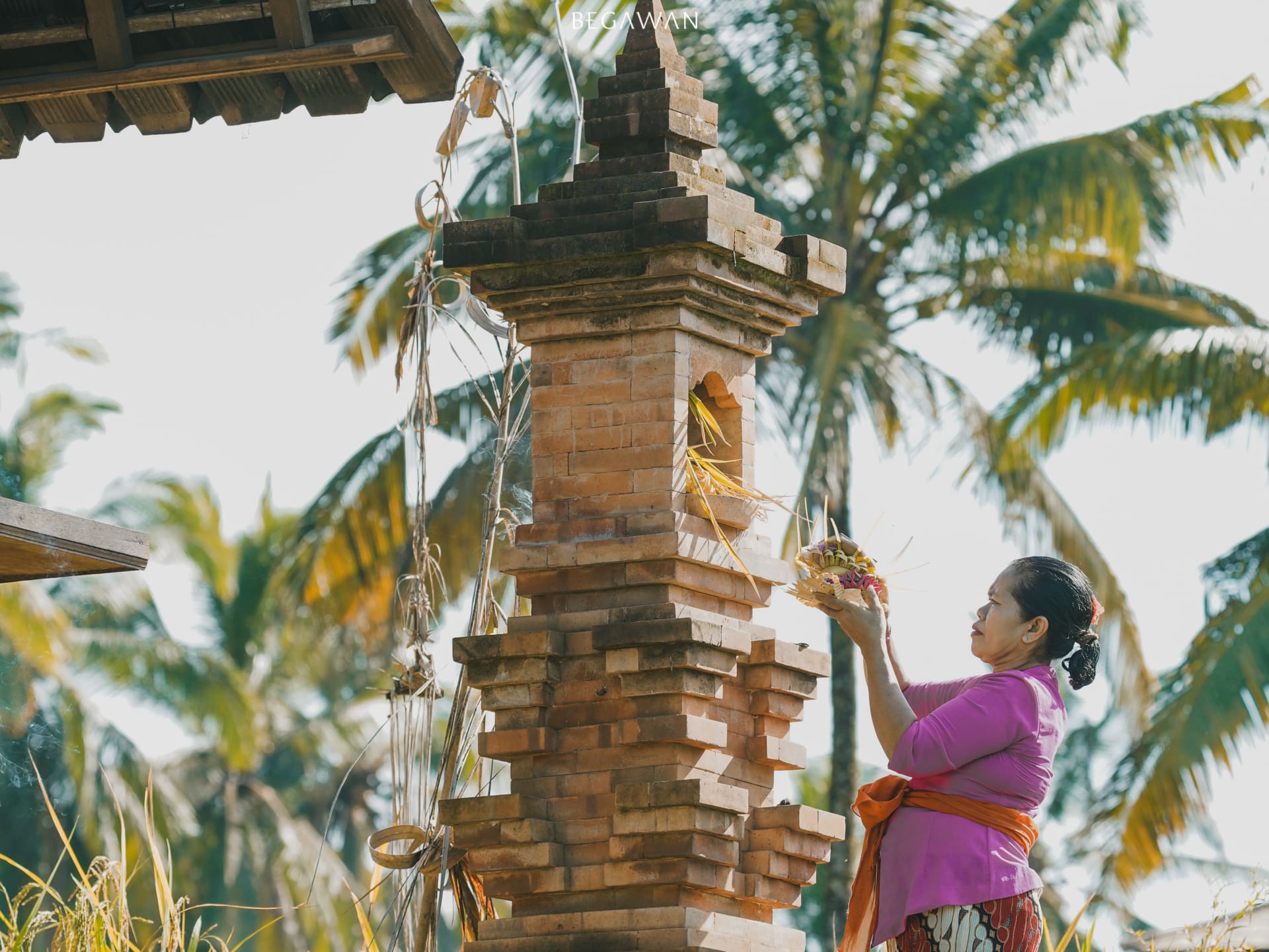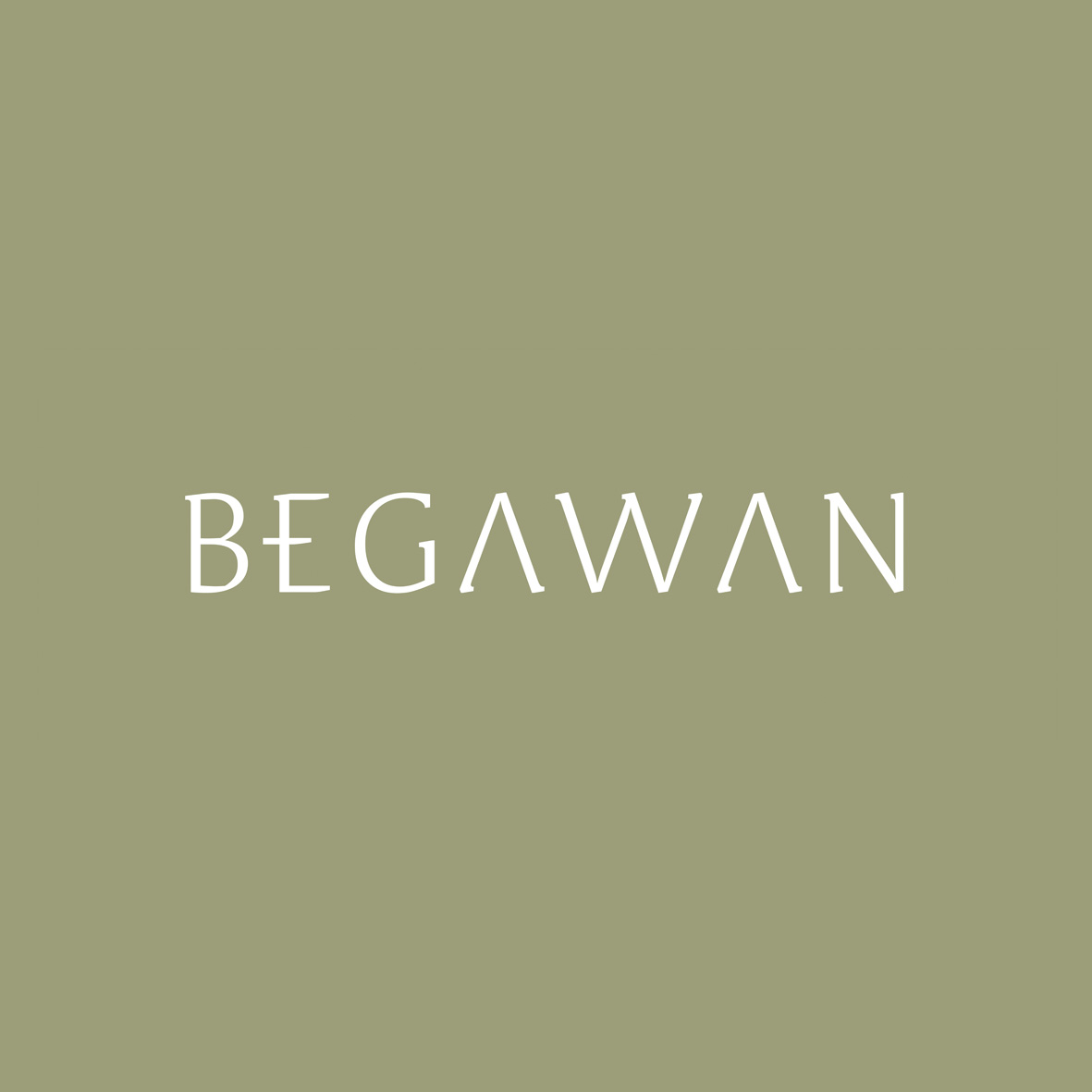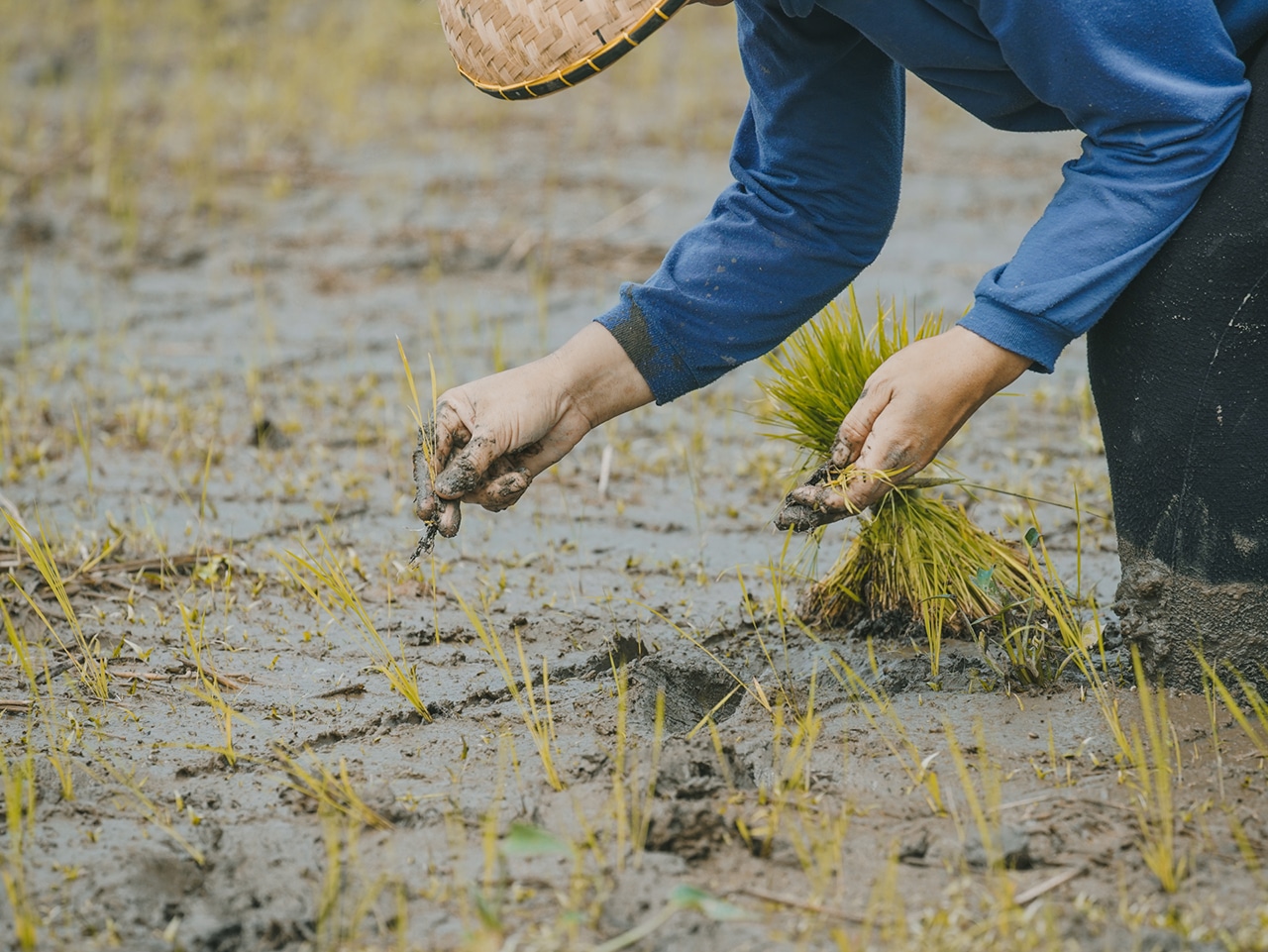
Over the past month and a half, our education team have been busy arranging different field trips for our middle school students and ambassadors. Why do we spend the time organising field trips? Despite all the stress of organising everything including negotiating with schools, creating consent forms for parents, booking transport, arranging zero-waste lunches and of course supervising the actual day, we believe it gives students an opportunity to “Learn by Doing”. The students can learn more by going outside their regular classroom and experience lessons first hand. Also, we wish to encourage students to practice the principles of reducing their waste during field trips by providing a lunch wrapped in banana leaf and with fresh fruit. We are pleased that all students are happy to bring their own water bottles to reduce single-use plastic.
Sometimes you just have to see it to believe it! That was our theory for the our middle school program, Waste Management field trip. In collaboration with SMP N 1 Payangan, we were completing a 10-week program with 32 grade VII students on waste management and solutions for tackling Bali’s waste issues. Currently Payangan has little infrastructure for dealing with waste and most waste is either picked up by a truck destined for landfill or is burned or thrown in the drain by residents. This is just one village contributing to Bali’s dirty beaches every wet season. Despite trucks taking waste to landfill being better than being abandoned in the environment, it is not the ultimate, long-term solution for the next generation.
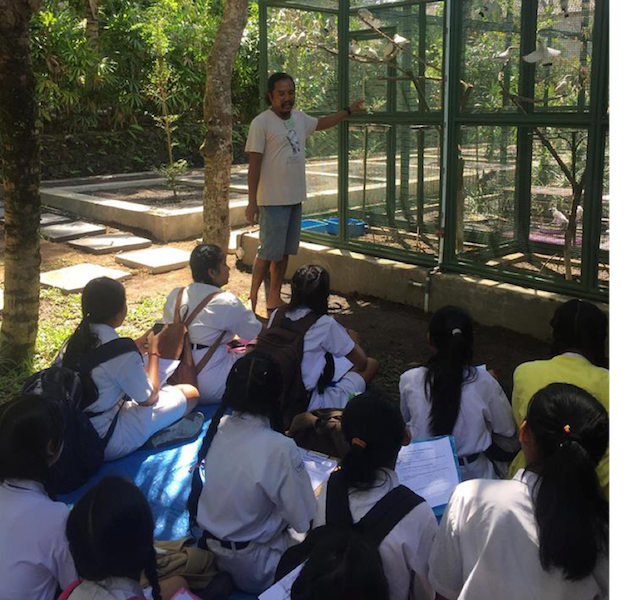
Our field trip involved taking the 32 students to Temesi Waste Management facility in Gianyar for an educational talk and tour of the facility. Pak Wayan from Temesi gave a powerful talk on the problem of waste and climate change and its impact on Bali. The students also had a tour to view the landfill which is classified as ‘over-capacity’ and they could see the people whose job it is to sort the waste into organic and non-organic. The organic waste is made into compost, however the inefficient mixing of waste means the compost still contains pieces of non-organic waste until the final sifting. The non-organic waste which can be recycled was washed and bundled in the “Waste Bank”. The students could see that something as simple as separation of waste in their home could make a big difference to the quality of the recycling and compost. We hope seeing the problem with their own eyes can motivate them to make small changes in their homes.
The second field trip was with middle school students from SMP N 1 Payangan who enrolled in our 10-week program focused on Indonesia’s endangered wildlife. The 10-week program covered topics such as the importance of protecting our country’s biodiversity, threats to endangered species, the 5 Freedoms of Animal Welfare and disease issues associated with wildlife markets.
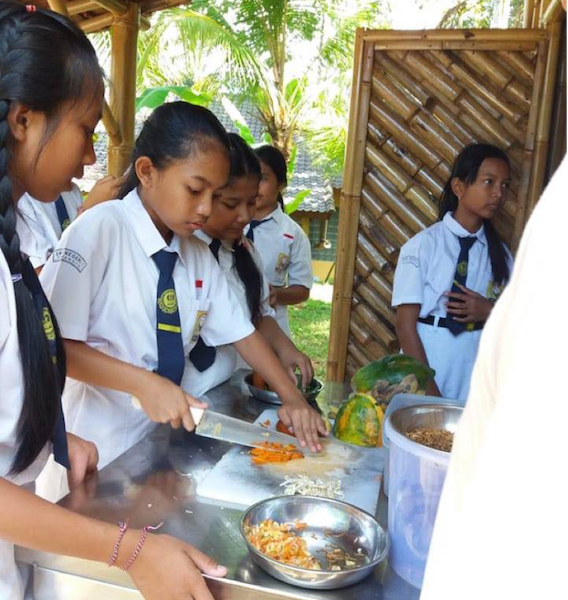
The Bali Starling is one such example of a critically endangered species which requires protection due to poaching and selling as pets on the black market. The Bali Starling is not alone, as many of Indonesia’s unique bird species and primate species also experience these same threats. To give the students an example of best practice animal welfare care of wildlife species, we arranged a field trip for the students to visit 3 local bird shops selling various birds for sale and our newly opened Begawan Foundation Breeding and Release Centre. The students were asked to make observations on the number of birds per cage, the condition of the birds, the cleanliness of the cage and diet provided to the birds.
From these observations, we were able to discuss how the welfare for birds for sale can be improved and what to consider when buying a new pet. We further explored this issue in the next lesson, informing students of potential zoonosis or diseases that can be spread from animals to humans and vice versa. Given the animals in the market receiving less care, is it safe to buy animals there and are those animals happy being housed in small and crowded cages? We hope the students at least now can start to think critically about the conditions of markets and view wildlife with more compassion than before.
To commemorate 2018’s World No Tobacco Day, our Bali Starling Ambassadors performed a play entitled “Do Not Smoke If You Love Your Family.”
This play tells the story of a family with a father who smokes around his family. They beg him not to but he doesn’t realise what he has done until his wife gives birth to premature twins, which do not live. Then he understands the damage he has done to his family who are victims of passive smoking. It’s a sad lesson, but an important one in a country where smoking is very common. (Amy Dunstone)
